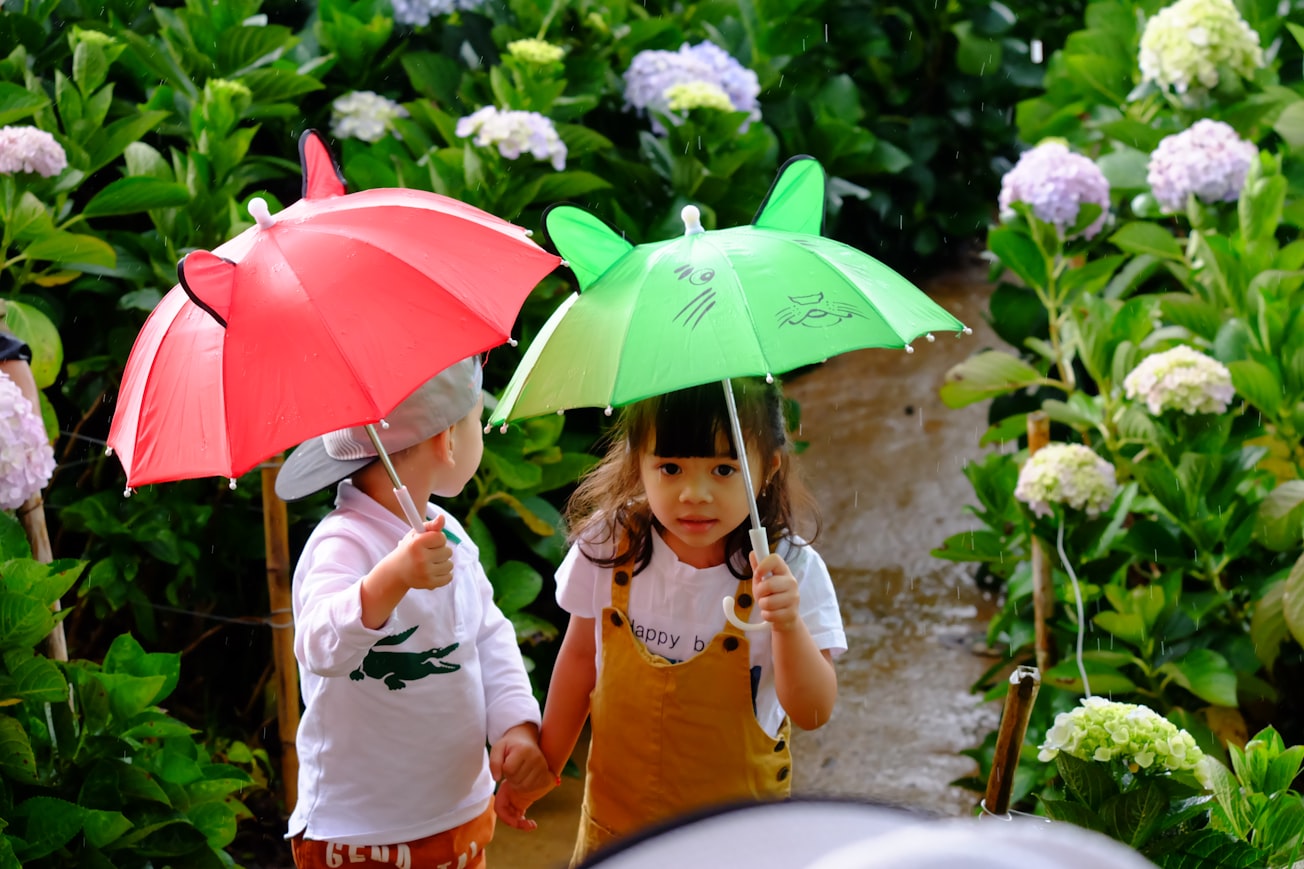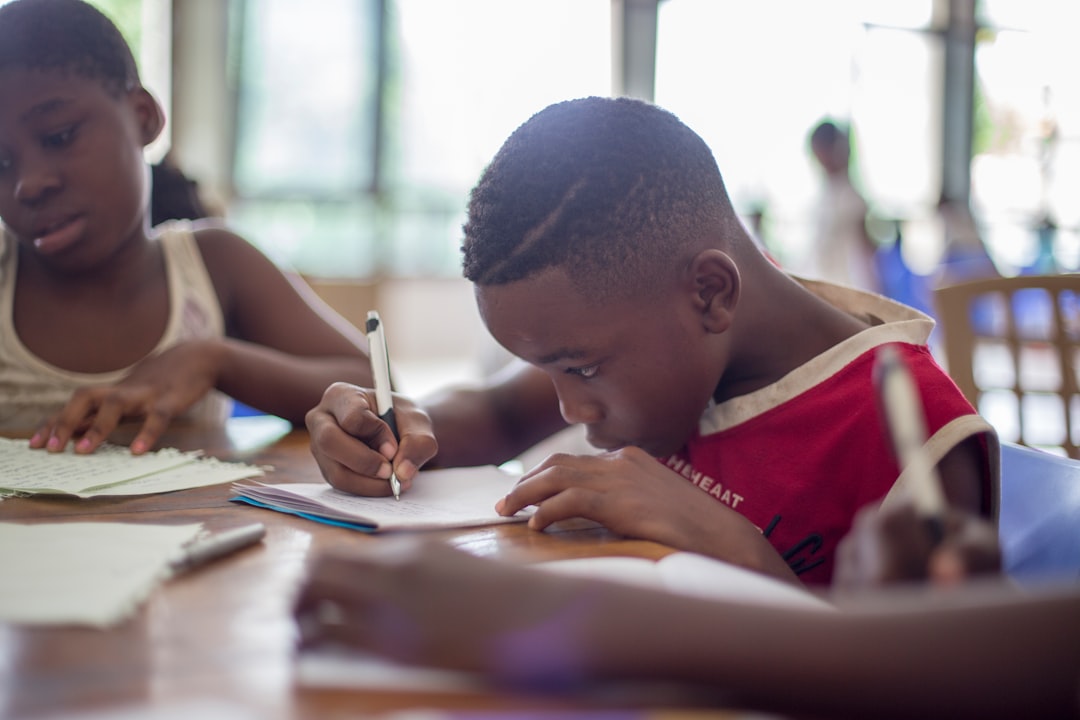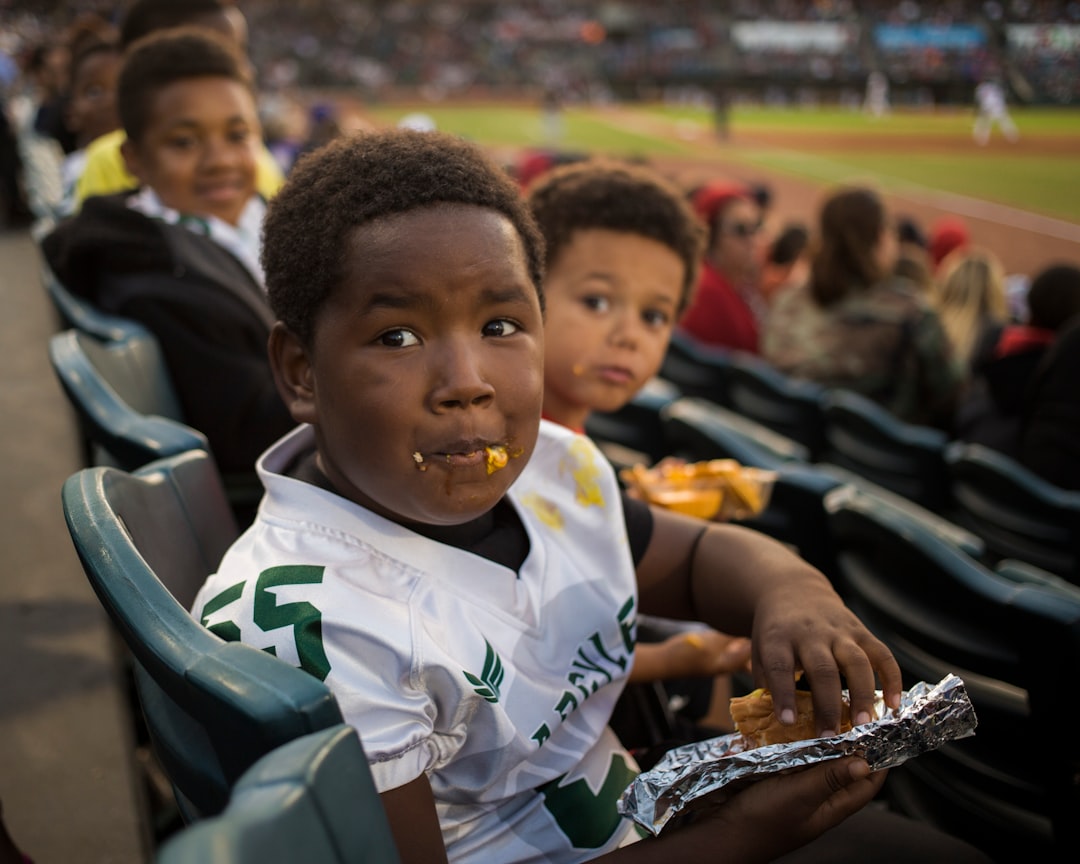What is it about?
In this article, we examined whether interpersonal relationships at school (specifically teacher-student and peer relationships) mediated the link between child resiliency (temperament-based adaptability) and reading or math achievement in a sample of children assessed as experiencing early academic adversity. Results showed that peer relationships mediated the effect of resiliency on reading, but not math, achievement. Teacher-student relationships were not found to be a mediator between resiliency and achievement. Findings suggest that for children with early academic adversity, resiliency is a protective factor against future academic problems with peer competence facilitating children’s academic engagement and achievement.
Featured Image

Photo by Apaha Spi on Unsplash
Why is it important?
Our study results highlight that for children with early academic risk or adversity in reading, resiliency is a protective factor against future difficulties in reading and social-emotional competencies with peers play an important role in facilitating academic engagement and achievement in reading. Findings have implications for intervention and prevention of academic failure or school dropout for children at risk for academic difficulties through finding ways to improve or support children’s positive peer relationships at school or in the classroom. For example, strengthening children’s self-regulatory and social-emotional skills along with structuring children’s school or classroom environments to support positive peer relationships may be promising approaches for students with academic vulnerabilities. Because extant research shows that teachers and peers play different roles in children’s achievement, further research is needed to understand how interpersonal relationships and social-emotional competencies contribute to academic resilience, learning, and achievement.
Read the Original
This page is a summary of: Academic Resilience Despite Early Academic Adversity: A Three-Wave Longitudinal Study on Regulation-Related Resiliency, Interpersonal Relationships, and Achievement in First to Third Grade, Early Education and Development, February 2018, Taylor & Francis,
DOI: 10.1080/10409289.2018.1429766.
You can read the full text:
Contributors
The following have contributed to this page










